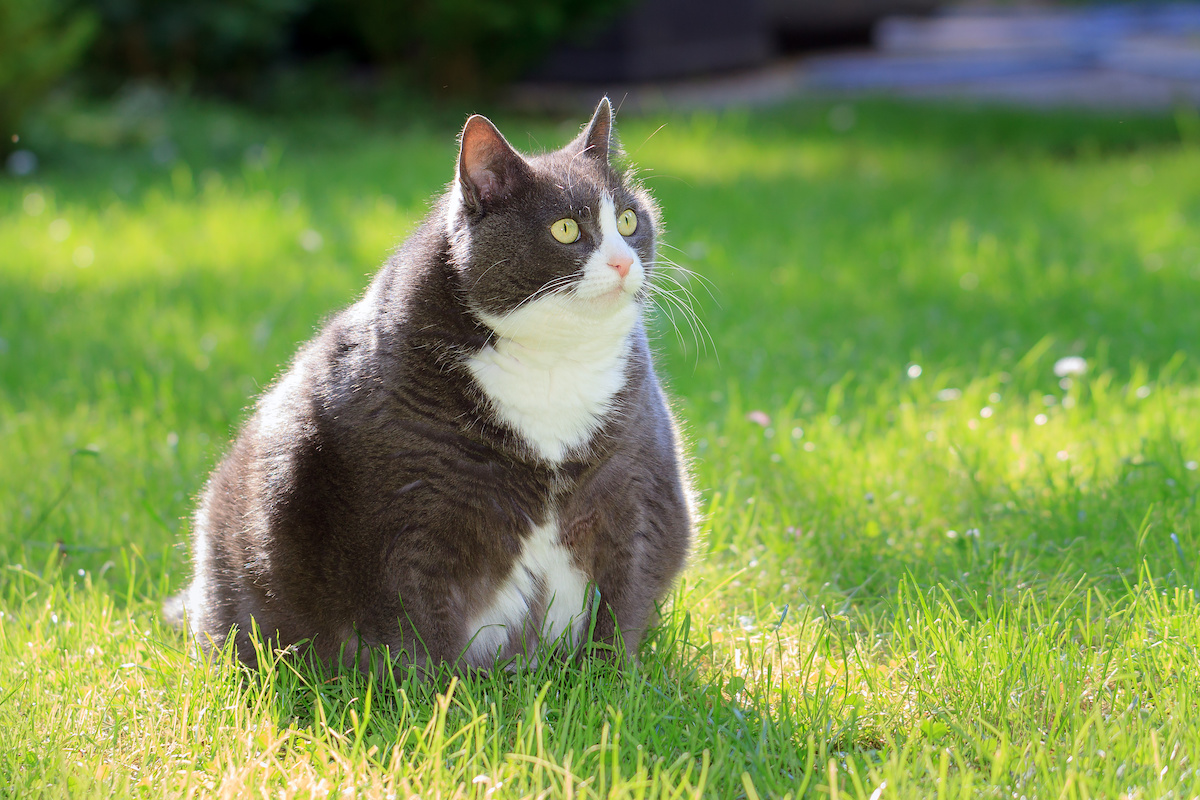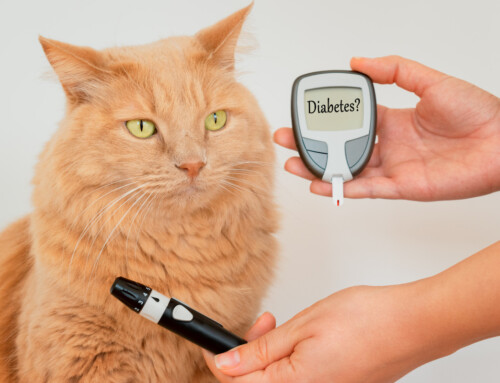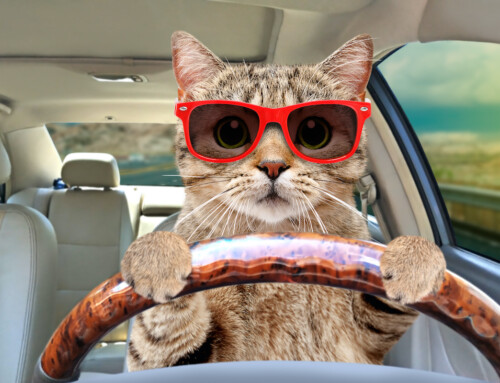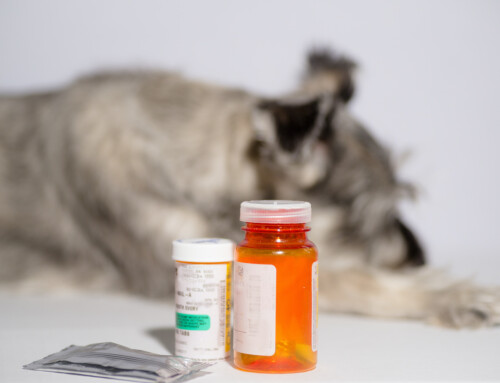Cats with a little extra “fluff” to them are far from rare in our culture. Nearly everyone is familiar with the expression “fat cats” and even the beloved Garfield had a love of lasagna and being lazy. Although the thought of a cat a little on the heavier side can be endearing or even novelty for some, an overweight cat can cause their health to suffer. Just like in humans, a poor diet and lack of activity can lead to other health issues and be hard to reverse. Since your cat relies on you for the majority of their meals and the space or resources for an active lifestyle, it is important to understand how to give them a healthy lifestyle. Keeping your cat at a healthy weight can provide them a long and quality life. In addition to this, the vet bills associated with an unhealthy lifestyle are significantly higher. In this article, we will go over tips for keeping your cat at a healthy weight.
Choose a More Active Lifestyle For Your Cat
An indoor lifestyle, boredom, and lack of workout can be precursors to weight gain. No outdoor activity or restricted outdoor activity can increase the danger of a feline becoming overweight at one year of age. Additionally, boredom, brought on by the absence of activity, can lead some cats to eat more. To combat boredom and weight gain in indoor felines, find some enjoyable toys, reserved playtime, and make it a top priority. Although it may sound obscure, outside leash walking is another alternative– you and your cat will both benefit!
Make Changes to Your Cat’s Diet
Change to wet food. It has fewer calories than dry food. It likewise has more water material, which helps keep your cat fuller, longer. In addition to this, do not allow your cats to “free-feed”. Cats that graze throughout the day are most likely to be overweight. Set particular feeding times for your cats. Also, it is important to reduce treats for your cats to an appropriate amount. Everything is good in moderation!
In some cases, in multi-cat families, animal owners put out food for all the animals and expect they will control how much they consume. This does not always work. Oftentimes, the dominant cat will consume more, increasing its risk of ending up being overweight.
Measure The Serving Size Specific To Your Cat
Ditch the generic scoop – especially in multi-cat families. Talk to your veterinarian about how much food your cat should really be eating. If you have more than one cat, understand that each cat has its own feeding requirements. Today, there are many feeders on the market that can help you regulate the amount of food being served. Some of them can even be synced to the microchip in your cats. This way they can feed the cat the proper amount of food that is specific to the cat in front of the feeder.
Monitor and Make Any Adjustments
Stick to the plan and pay attention to how your cat reacts. If your cat is obese and you and your veterinarian develop and a feeding plan, check-in with your cat once a month. Is the feeding strategy working? Monitor their weight and daily activity. After you deduce what works and what doesn’t, your vet can assist recalculate the amount you feed the cat depending upon how the weight is changing.”
Talk to Your Veterinarian
Speak with your veterinarian about your cat’s diet, food, and perfect weight. Studies have shown that cats are more likely to become overweight when their vets do not encourage pet owners about ideal weight. The best diet plan and food type differ widely for each cat. By talking to a vet, they can look at your pet and their previous health records to decide what works best. The recommendations on the bag of cat food are not specific and oftentimes are wrong for an obese cat. At Main St. Veterinarian, we are here to keep your pets living a happy, healthy life. We can help develop diet plans and recommend the best course of action for your cat to get back to a healthy weight.
For more information call 770-498-4620 or contact us today.








